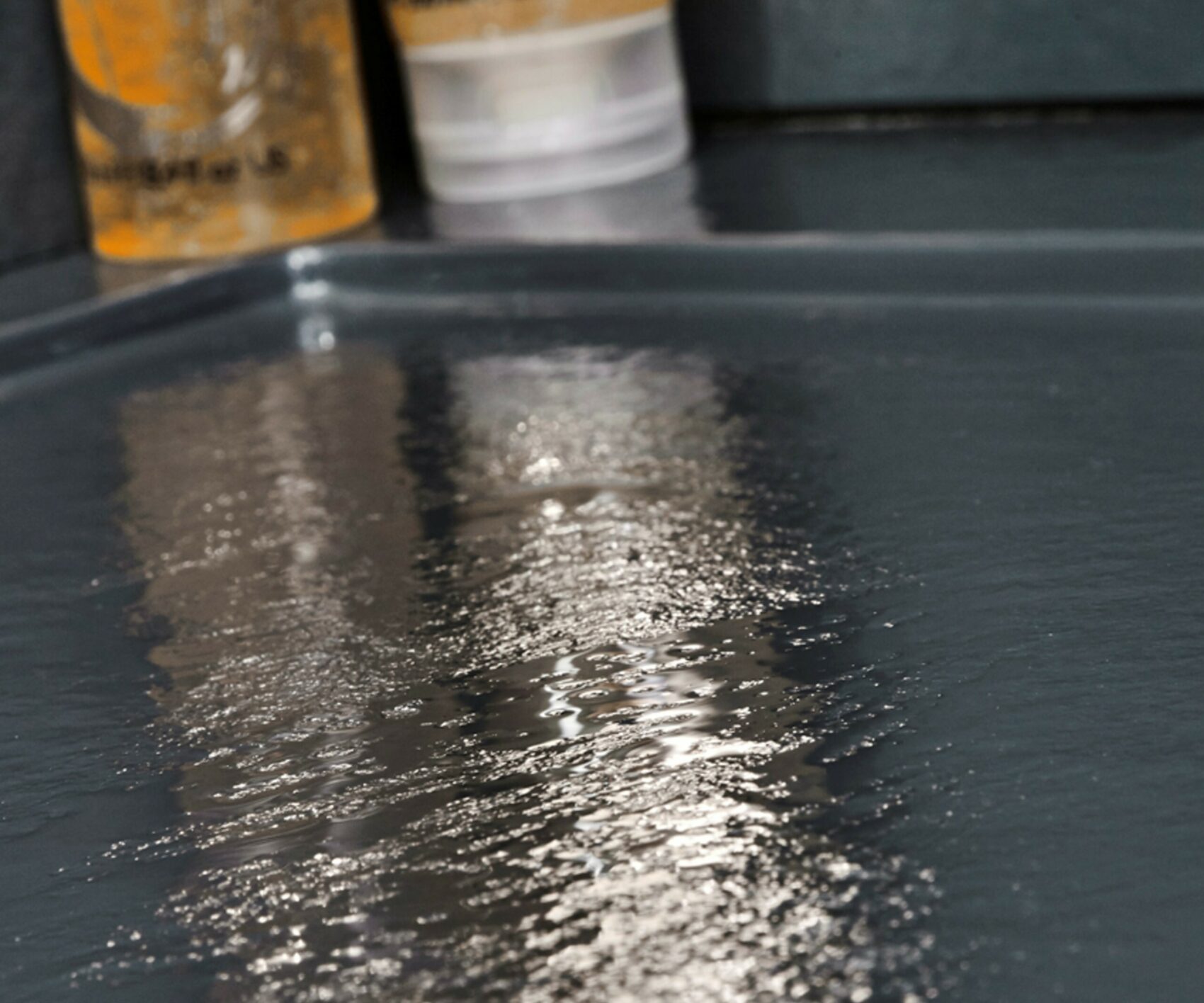The Impact Of Hard Water On Bathroom Products
Aug 2022

What Is Hard Water?
Being aware of what kind of water runs through your home is important when it comes to keeping your bathroom products clear from build-up. When rain falls, it is naturally soft water. Soft water is preferable in the home, as it leaves fewer deposits on home appliances such as taps or kettles.
Soft water becomes hard when it passes through the ground and comes into contact with numerous types of rock such as chalk and limestone. The water will then pick up minerals from these rock types, such as calcium and magnesium. The minerals dissolve into the water, turning the water from soft to hard.
When hard water is heated up, these minerals cling to your appliances and leave deposits, also known as lime scale. Any homeowner will know the difficulty in removing this build-up once it’s begun to cling, especially in the bathroom. Take a look at the map below to see if your home is affected by hard water.
How Hard Water Impacts Your Bathroom Products
When hard water
comes into contact with the surfaces of your bathroom products, it leaves
behind a build-up of limescale. This limescale increases and gets harder to
remove over time. The effects of hard water are unsightly, and slowly leave a
white residue over your surfaces; spoiling the look of a beautiful bathroom.
This build-up can also affect
the flow and drainage of water in your sink, bath or shower, as well as
clogging your hot water pipes.
How To Clean Hard Water Build-Up
The best way to combat the effects of hard water is prevention. Installing a water softener will protect your bathroom products from build-up damage. If limescale is already present in your bathroom, there are some great ways to clean and remove the deposits, and prevent more from forming.
Firstly, try to avoid letting hard water dry on your surfaces by wiping the water off immediately. After washing your hands or showering, take a towel and wipe down the fixtures and/or glass. If the water doesn’t have chance to dry, the mineral deposits won’t be left behind after evaporation. An alternative to wiping the surface after every shower would be to use a spray cleaner. Spraying a cleaner onto the shower glass and fixtures acts as a barrier, and stops the hard water from leaving marks and deposits.
If you have lime scale build up prominently in your bathroom, there are many great natural solutions to remove it. One great home remedy is white vinegar and lemon juice. A mix of the two is a great way to fight hard water stains in sinks, toilets, fixtures and any bathroom surface. Either use the mixture as a spray, or soak a cloth and allow it to sit on the stains for over an hour. Take a sponge and scrub the surface until the deposits are cleared, but be careful of damaging your surfaces. It is often best to test on a small or discreet area first before attempting to clean a larger or more prominent fitting. Special care is needed if you are wanting to clean a limescale build-up from a brushed brass or matt black finish. Never use a harsh scrubbing sponge or a wire brush, as these can damage the finishes in your bathroom.

Map to show areas of water hardness in the UK